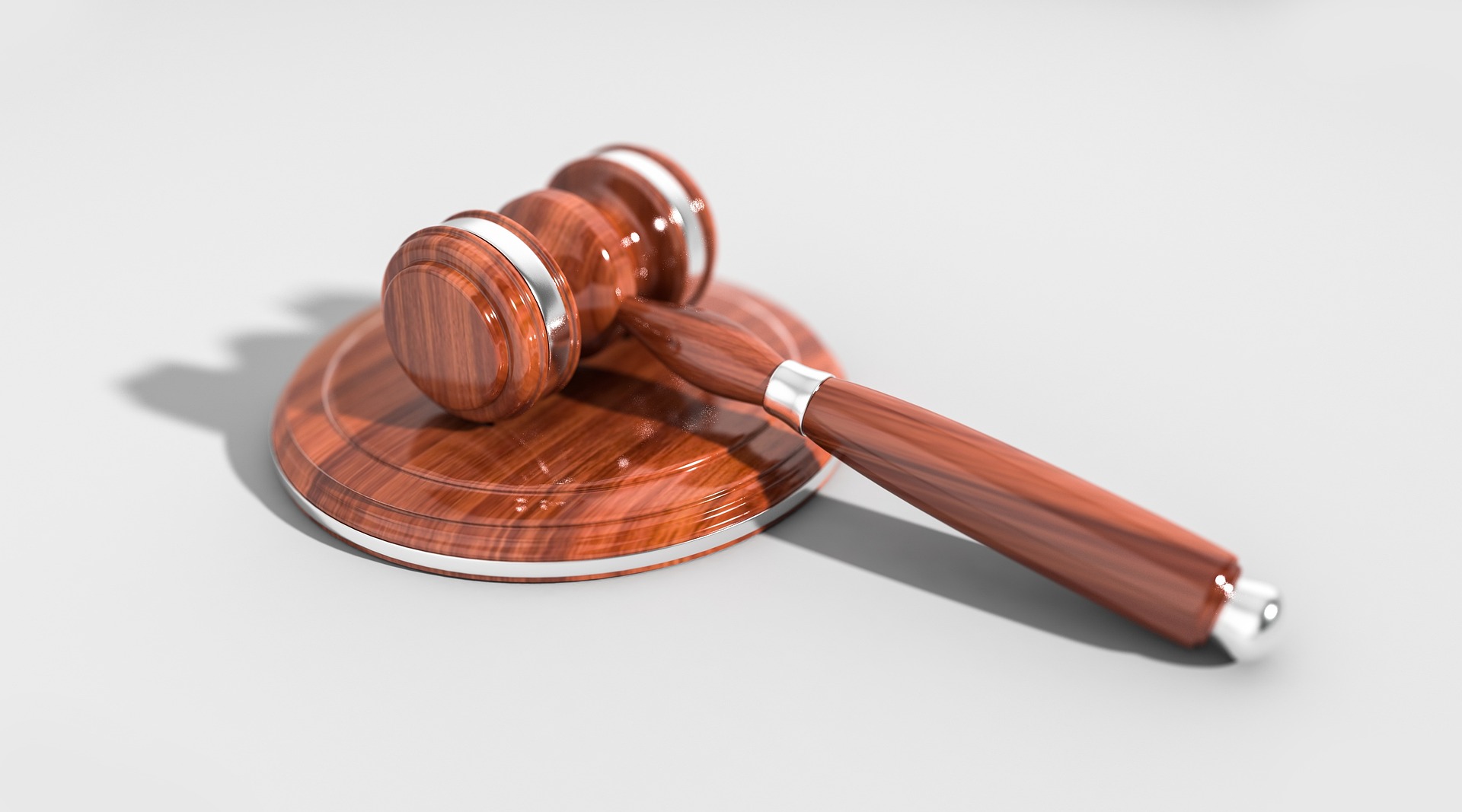Unpacking the Implications of the First Amendment in the Digital Age
The first amendment of the United States Constitution is known for protecting the freedom of speech. In the age of social media, however, its interpretation has been challenged, as new platforms for communication alter the landscape of public discourse. This article will explore the implications of the First Amendment in the digital realm, providing crucial insight into the intersection of law, technology, and society.

The First Amendment: A Historical Overview
The First Amendment, ratified in 1791 as part of the Bill of Rights, provides U.S. citizens with essential civil liberties, including freedom of speech, religion, press, assembly, and petition. Historically, it has been instrumental in protecting individual expression from government interference. However, the advent of the internet and social media has brought novel challenges that our founding fathers could not have anticipated.
The Digital Landscape: A New Frontier for Freedom of Speech
In the digital age, communication platforms like Facebook, Twitter, and YouTube have become modern public squares where people share ideas and opinions. Yet, these are private companies, not government entities, raising questions about their obligations under the First Amendment. The U.S. Supreme Court has yet to issue a definitive ruling on this matter, leaving room for debate and interpretation.
Recent Legal Developments: Tech Giants under Scrutiny
Tech giants have come under increased scrutiny for their content moderation policies, with critics arguing that these practices violate free speech rights. In response, platforms argue they have the right to regulate content on their sites under Section 230 of the Communications Decency Act, which shields them from liability for user-generated content. This ongoing debate has sparked discussions about potential legislative changes to address these issues.
Implications and Impact: Society in the Balance
The interpretation of the First Amendment in the digital age has significant implications for society. If social media platforms are considered public forums, they would be bound by First Amendment restrictions, potentially leading to increased online hate speech and disinformation. Conversely, if platforms retain their rights to moderate content, it could lead to accusations of censorship and bias.
Looking Forward: The Future of Free Speech in the Digital Age
The intersection of the First Amendment and social media is a complex and evolving issue. As technology continues to advance, the legal landscape must adapt to ensure that free speech is protected while also addressing the challenges posed by the digital age. As this issue unfolds, it will undoubtedly shape the future of freedom of speech in the U.S., setting legal precedents for years to come.
In conclusion, the First Amendment’s application in the digital age is a complex and evolving issue that intersects with technology, law, and society. As we navigate this new frontier, it is crucial to remain informed and engaged, recognizing the significant implications of these legal developments for the future of free speech in the U.S.




